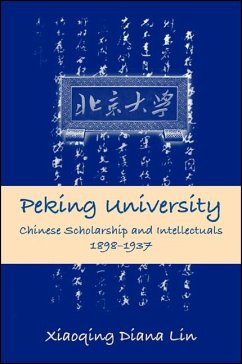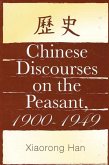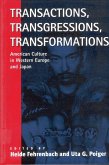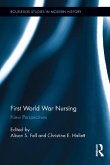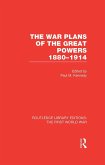Peking University, founded in 1898, was at the center of the major intellectual movements of twentieth-century China. In this institutional and intellectual history, author Xiaoqing Diana Lin shows how the university reflected and shaped Chinese intellectual culture in an era of great change, one that saw both a surge of nationalism and an interest in Western concepts such as democracy, science, and Marxism. Lin discusses Peking University's spirit of openness and how the school both encouraged the synthesis of Chinese and Western knowledge and promoted Western learning for the national good. The work covers the introduction of modern academic disciplines, the shift from integrative learning to specialized learning, and the reinterpretation of Confucianism for contemporary times.
Dieser Download kann aus rechtlichen Gründen nur mit Rechnungsadresse in A, D ausgeliefert werden.

